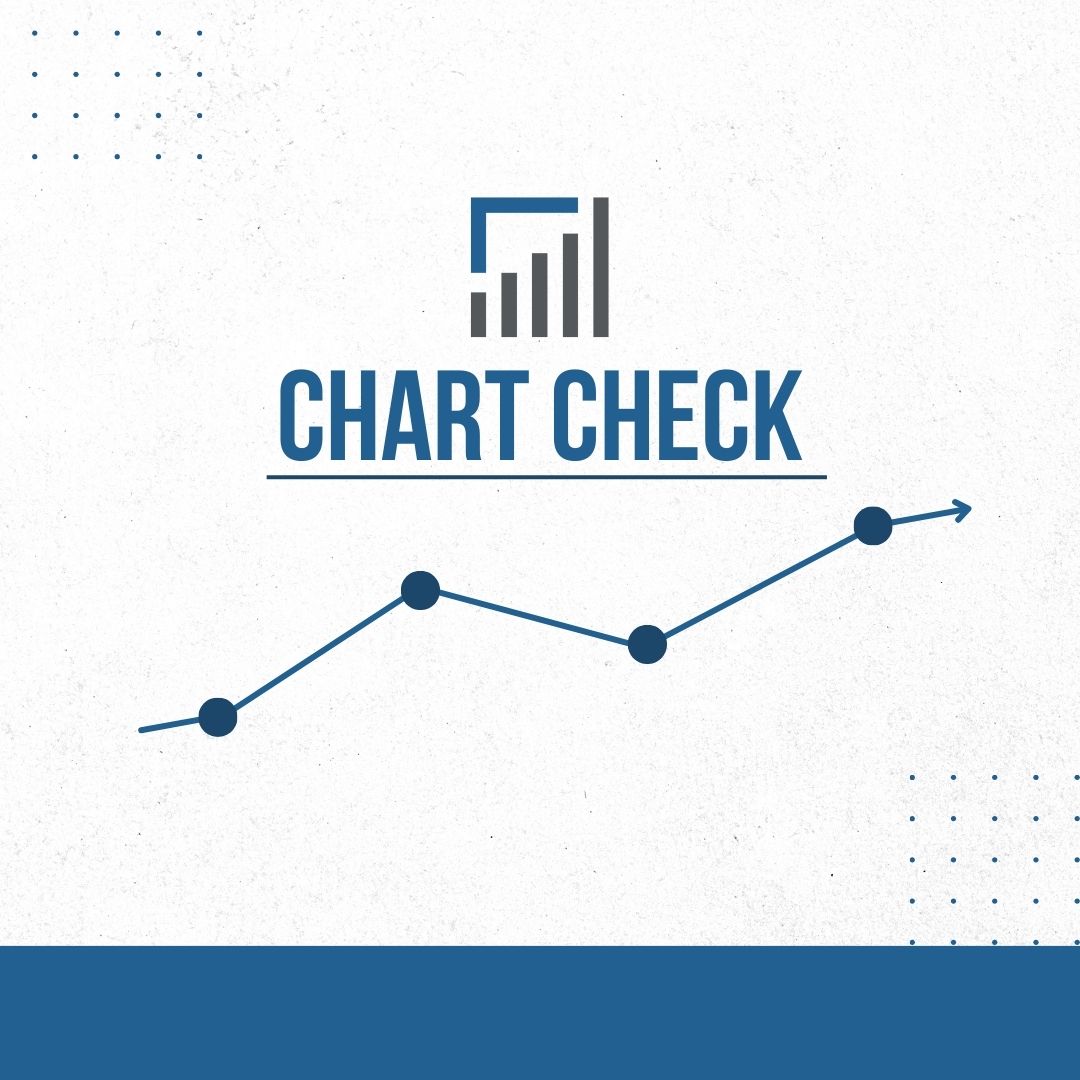Various federal tax credits and incentives have considerably influenced the rapid evolution of the electric vehicle (EV) market. As we delve into 2023, significant changes have emerged to the federal tax credit policies governing EVs. These modifications present both opportunities and challenges for potential buyers and manufacturers alike. This article aims to explore these pivotal shifts, the implications for stakeholders, and the broader context within which these changes occur.
Understanding the Federal Electric Vehicle (EV) Tax Credit
Initially established to propel the adoption of more sustainable forms of transportation, the Federal EV tax credit has played a crucial role in shaping consumer behavior. By offering a financial incentive to purchase new plug-in electric vehicles, the tax credit effectively lowers the net cost of an electric vehicle, thereby making it a more viable alternative to traditional gasoline-powered cars.
Historically, the Federal EV tax credit ranged between $2,500 and $7,500, primarily based on the battery capacity of the purchased vehicle. This credit was available until a manufacturer had sold 200,000 eligible vehicles, after which the credit value would start to phase out over subsequent quarters.
What’s New in 2023: A Game-Changing Reset
In an unprecedented move, the changes for 2023 have revitalized the electric vehicle market, particularly benefiting manufacturers like Tesla and General Motors that had previously hit the 200,000-vehicle cap. The updated policy essentially ‘resets’ the eligibility count for these manufacturers, once again allowing them to offer the tax credit to buyers.
While the tax credit amount remains tethered to the vehicle’s battery capacity, additional variables may influence the final credit value. These can include the buyer’s overall tax situation and specific manufacturing attributes of the car. Hence, a thorough understanding of these nuances is crucial for potential buyers.
Implications for Stakeholders: Opportunities and Caveats
- For Buyers: The renewed eligibility for previously capped manufacturers brings forth a substantial financial enticement. This alteration could significantly lower the net cost of various EV models, broadening their affordability and potentially catalyzing increased sales.
- For Manufacturers: For companies like Tesla and General Motors, resetting the tax credit cap is a considerable advantage. The renewed ability to offer this financial incentive can be instrumental in amplifying customer demand, thereby potentially bolstering their market share.
However, one critical aspect to note is that the EV tax credit is non-refundable. In other words, it can only bring a taxpayer’s liability down to zero. Exceeding the credit does not result in a refund, emphasizing the importance of consulting with tax professionals to understand individual applicability.
The Future Trajectory: Policy Trends and Forecasts
The electric vehicle tax credit framework alterations are undoubtedly beneficial for the current ecosystem. However, they also serve as a reminder of the fluid nature of policy incentives geared towards green energy and sustainability. Future legislative amendments may introduce further extensions or modifications to these credits.
The trajectory of these potential changes will be shaped by various factors, including the Biden administration’s sustainability objectives, legislative imperatives, economic conditions, and the overall pace of electric vehicle market growth. Consequently, vigilance in monitoring policy shifts is advisable for prospective buyers and manufacturers.
The Imperative of Professional Consultation
The changing landscape of EV tax credits in 2023 offers renewed windows of opportunity for stakeholders. Nonetheless, the complexities involved underscore the importance of seeking professional financial and tax advice to maximize these incentives’ benefits fully. By staying updated and informed, both buyers and manufacturers can effectively navigate the intricacies of this evolving market.
If you are a Legacy client and have questions, please do not hesitate to contact your Legacy advisor. If you are not a Legacy client and are interested in learning more about our approach to personalized wealth management, please contact us at 920.967.5020 or connect@lptrust.com.
This newsletter is provided for informational purposes only.
It is not intended as legal, accounting, or financial planning advice.




